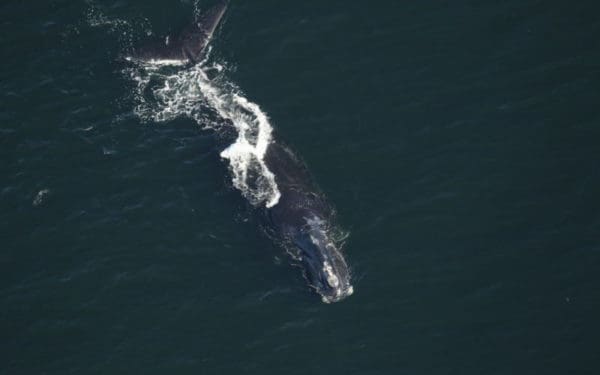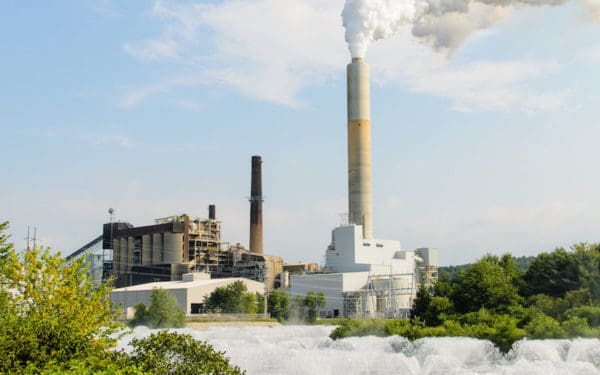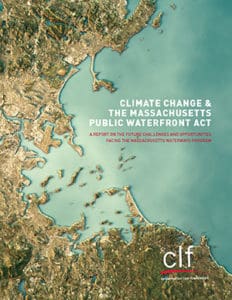Getting Smart about Energy Efficiency
Managing energy demand is the easiest and cheapest way to meet energy needs.

Managing energy demand is the easiest and cheapest way to meet energy needs.

CLF’s top priority this session is an important climate bill, An Act to Limit Greenhouse Gas Pollution and Effectively Use Maine’s Natural Resources (LD 797). This bill would ensure that Maine takes action to cut carbon pollution and fight climate change, protecting families and businesses in the state from the worst effects of climate catastrophe while growing Maine’s economy.

It’s an exciting time for offshore wind in New England, with multiple projects moving forward over the next decade. Developers can move the clean energy industry forward while protecting North Atlantic right whales by following these best practices.

The Conservation Law Foundation complaint says Merrimack Station in Bow is polluting the Merrimack River with excess hot water. The nonprofit first announced its intent to file the Clean Water Act suit, along with the Sierra Club, last November.
“Merrimack Station has seriously undermined the health of the Merrimack River for decades,” said Tom Irwin, Vice President and Director of CLF New Hampshire. “This dirty coal plant is damaging our climate and endangering public health, all while polluting an iconic natural resource. The owners of this plant must immediately address these offenses and ensure the Merrimack River is protected from further harm.”

The Sierra Club and the Conservation Law Foundation sued in federal court Monday regarding the Merrimack Station power plant in Bow. The plant was owned by Eversource until last year, when it was sold to Connecticut-based Granite Shore Power. Both are named as defendants.
“Merrimack Station has seriously undermined the health of the Merrimack River for decades,” said Tom Irwin, Vice President and Director of CLF New Hampshire. “This dirty coal plant is damaging our climate and endangering public health, all while polluting an iconic natural resource.”
At CLF, we ask ourselves every day, “Are our communities ready for climate change?” When it comes to public waterfront access in Massachusetts, the answer is a resounding no. Waterfront parks and open spaces, including parts of the iconic Harborwalk, are already flooding during high tides and Nor’easters. Increasing sea level rise, along with more… Continue reading Climate Change Putting Waterfront Access in Massachusetts at Risk

In order to meet the growing threat of climate change along the Massachusetts coast, the Commonwealth must update its laws and regulations to reflect changing climate conditions such as anticipated sea level rise and increased frequency and severity of extreme weather events. This task includes critical updates to the Public Waterfront Act program and its… Continue reading Climate Change and the Massachusetts Public Waterfront Act

The ISO’s Forward Capacity Auction 13, conducted on Monday, February 4, 2019, showed once again – strongly and unequivocally – that the proposed Invenergy fracked gas and diesel oil power plant is not needed.
